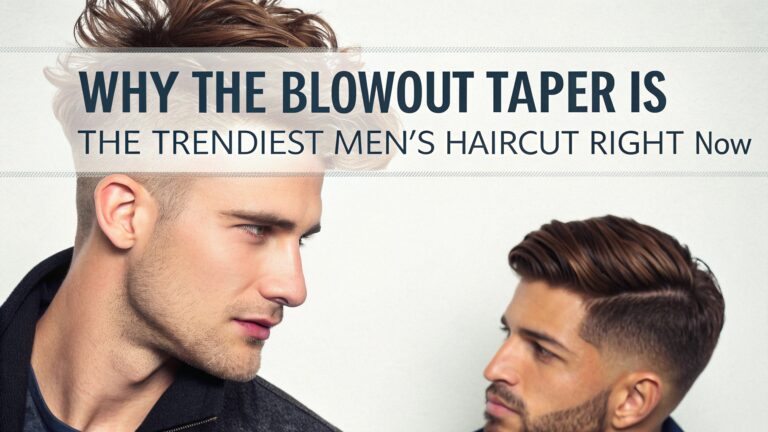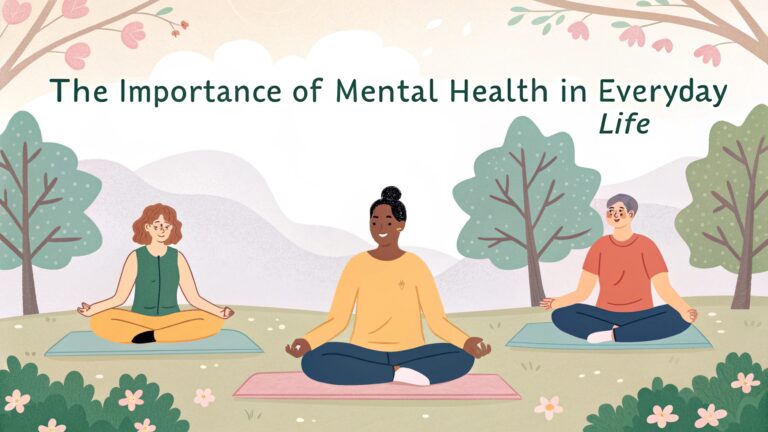Haircare Secrets from Experts You Need to Know
Maintaining strong, shiny, and healthy hair is something almost everyone desires, but achieving it requires more than just using random products. Professional stylists, dermatologists, and trichologists have long studied the best ways to keep hair nourished, prevent damage, and promote natural beauty. In this article, we’ll explore expert-approved haircare secrets that can help you transform your hair routine into something more effective and rewarding.
Understanding Your Hair Type
One of the first steps in achieving beautiful hair is recognizing your specific hair type. Experts often stress that no two individuals have identical strands, and what works for one person may not work for another. For instance, fine hair tends to get oily quickly, while thick or curly hair often struggles with dryness. By Haircare learning your hair type—whether it’s straight, wavy, curly, or coily—you can select products and treatments tailored to your unique needs.
A dermatologist will usually recommend that people avoid generic routines and instead build a customized approach. For example, someone with fine hair may need lightweight, volumizing shampoos, while individuals with curls benefit more from hydrating masks and leave-in conditioners. The secret lies in identifying the right balance between cleansing and nourishing.
The Role of Nutrition in Hair Health
What you eat directly affects the condition of your hair. According to leading trichologists, deficiencies in vitamins and minerals Haircare can result in hair thinning, brittleness, and lack of shine. Foods rich in proteins, omega-3 fatty acids, iron, and vitamins like A, C, D, and E provide the foundation for strong strands.
Experts advise including leafy greens, nuts, seeds, eggs, and fish in your daily diet to encourage healthy hair growth. Staying hydrated is equally important because dehydration leads to dryness and weak strands. In addition, supplements may be helpful for those who struggle to get enough nutrients from food alone, but they should always be taken under medical guidance.
Proper Washing Techniques
Washing your hair may seem simple, but many people unknowingly damage their scalp and strands during the process. Professionals Haircare suggest that hair should not be washed daily unless necessary, as this strips away natural oils. Instead, washing two to three times a week is sufficient for most people.
Using lukewarm water instead of hot water helps retain moisture and prevent frizz. Experts also recommend gently massaging the scalp with fingertips rather than nails to stimulate blood circulation. When applying conditioner, focus on the mid-lengths and ends rather than the roots to avoid excess oil buildup.
A common mistake people make is rinsing shampoo too quickly. Leaving it on for a minute or two ensures that cleansing agents work effectively, while proper rinsing removes any residue that could weigh down the strands.
Heat Styling and Its Effects
Blow-dryers, straighteners, and curling irons are popular styling tools, but excessive heat exposure is one of the leading causes of hair damage. Professionals emphasize that heat weakens the hair cuticle, leading to split ends, breakage, and dullness over time.
To minimize the damage, experts recommend applying a heat protectant spray before using any styling tools. It acts as a shield, reducing Haircare the amount of direct heat absorbed by the strands. Additionally, using lower temperature settings and limiting heat styling to special occasions can help preserve natural shine and strength.
Air drying whenever possible is considered the healthiest option, though it may require a bit more patience. If blow-drying is necessary, using the cool setting can significantly reduce harm.
Scalp Care: The Foundation of Healthy Hair
A healthy scalp is the root of healthy hair. Many experts point out that neglecting scalp care is one of the most overlooked mistakes people Haircare make. An unbalanced scalp can lead to dandruff, itchiness, or even hair loss.
Dermatologists advise using gentle exfoliating treatments once or twice a month to remove buildup from styling products, dead skin cells, and excess oil. This keeps the scalp clean and allows hair follicles to breathe and grow freely. Additionally, massaging the scalp with natural oils like coconut, jojoba, or argan oil improves blood circulation and nourishes the roots.
Just as we apply sunscreen to protect our skin, protecting the scalp from UV rays is essential too. Wearing hats or using specialized Haircare hair products with UV filters can prevent sun damage and dryness.
The Importance of Regular Trims
Split ends are not only unsightly but also damaging if ignored. Experts strongly recommend trimming hair every 6–8 weeks to keep it healthy and prevent breakage from spreading upward. Trimming does not directly make hair grow faster, but it ensures that hair remains strong and avoids thinning over time.
Even if you’re growing out your hair, regular trims are necessary to maintain overall health and shape. Skipping this step often results in dull, lifeless strands that are harder to manage.
Choosing the Right Products
Selecting the right products is a vital part of effective haircare. Professionals highlight that not all shampoos, conditioners, or masks are created equal. It’s essential to read ingredient labels and avoid harsh chemicals like sulfates, parabens, and alcohols that strip moisture and irritate the scalp.
Natural ingredients such as aloe vera, keratin, biotin, and argan oil are beneficial for most hair types. For people struggling with specific concerns such as dandruff, thinning, or frizz, specialized treatments prescribed by a dermatologist or stylist often yield the best results.
Another key point is not overloading hair with too many products at once. Instead, experts recommend sticking to a simple routine of cleansing, conditioning, and occasional deep treatments to maintain balance.
Stress Management and Hair Health
Stress is another major factor that contributes to hair problems. Research shows that prolonged stress can disrupt the natural growth cycle, Haircare causing increased shedding and thinning. Experts in wellness and dermatology often stress the importance of holistic health in maintaining strong hair.
Practices like yoga, meditation, and regular exercise can significantly reduce stress levels, leading to healthier hair growth. Adequate sleep and rest are also essential, as the body uses this time to repair and rejuvenate, including the scalp and hair follicles.
Professional Treatments and When to Seek Help
Sometimes, home remedies and over-the-counter products are not enough. Experts encourage individuals to seek professional advice when experiencing persistent issues such as severe dandruff, unexplained hair loss, or scalp infections. Dermatologists and trichologists can perform detailed scalp analyses and prescribe treatments ranging from medicated shampoos to laser therapy.
Salon treatments like keratin smoothing, deep conditioning masks, and scalp therapies can also enhance the health and appearance of hair. However, experts warn against over-relying on chemical treatments, as they may cause long-term damage if not performed carefully.
Conclusion: Building Your Expert-Approved Routine
Healthy, radiant hair is the result of consistent care and expert knowledge. From understanding your hair type and eating the right foods to practicing proper washing techniques and protecting against heat, every step matters. Focusing on scalp health, trimming regularly, managing stress, and using the right products will gradually transform the quality of your hair.




